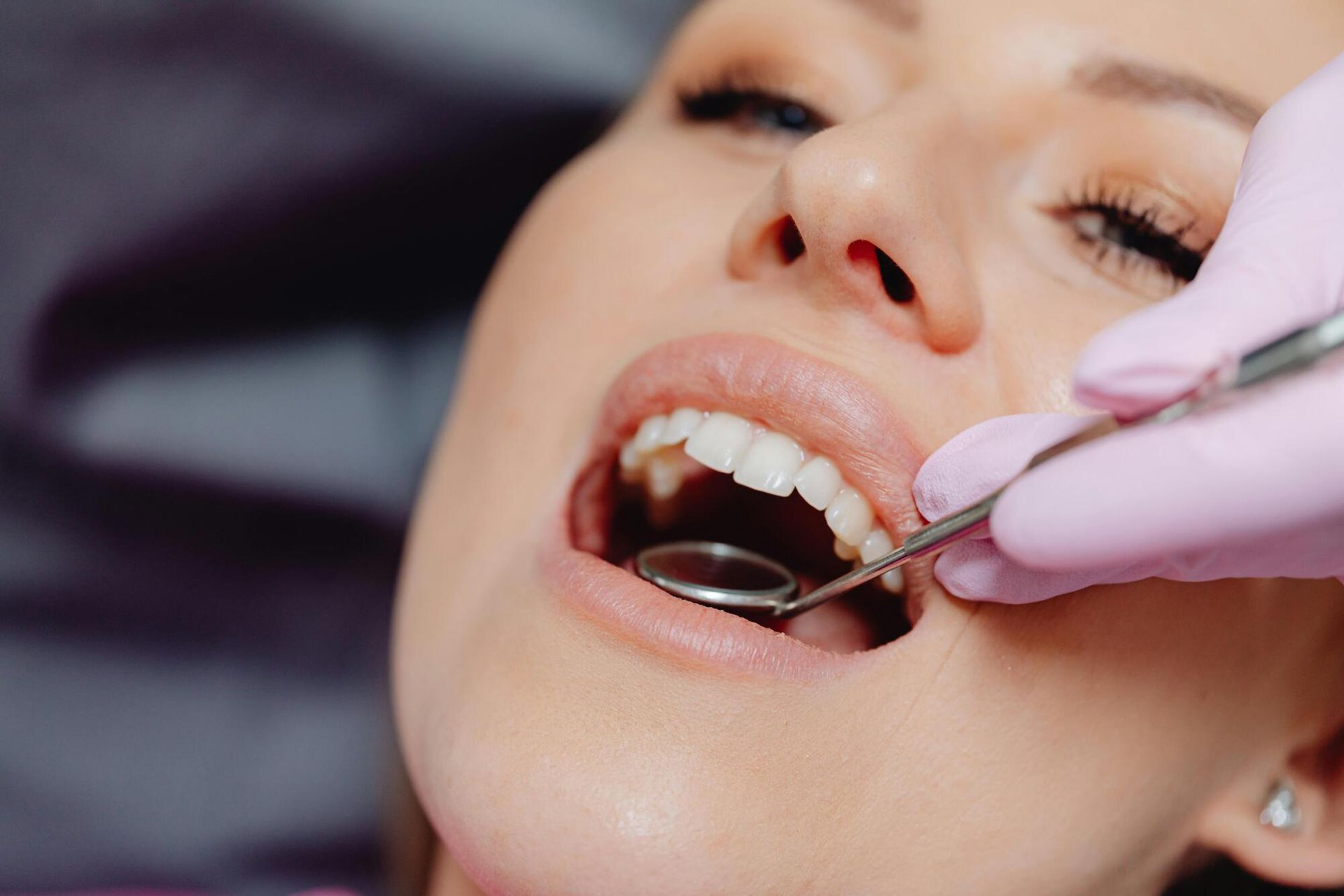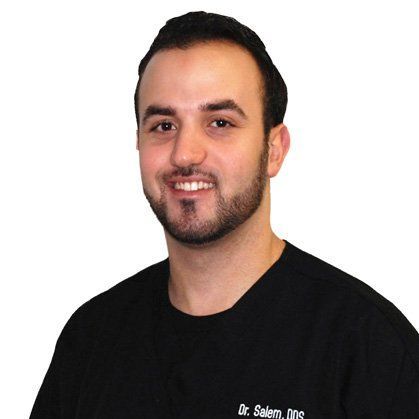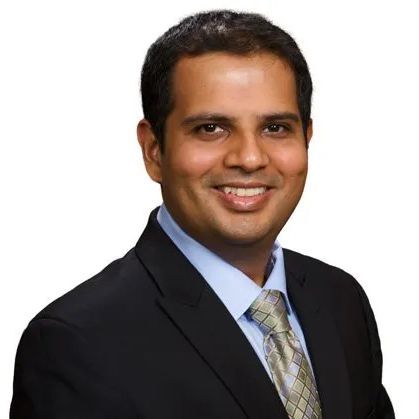Comparing Tooth Replacement Options: Implants, Bridges, and Dentures
Discover the best tooth replacement options - implants, bridges, or dentures. Read more to find out which option suits your needs best, and smiles await!
More than 182 million U.S. adults are affected by tooth loss, according to data published by the National Institutes of Health. That's a staggering number, and for many, the first missing tooth can change how they eat, speak, and feel. Tooth loss isn't just a senior issue. It affects people across all age groups, but the right replacement often feels confusing or out of reach.
Tooth replacement options can seem overwhelming at first, but once you know the facts, choosing becomes easier. Implants offer permanence, bridges bring stability, and dentures keep things flexible. It all depends on what matters to you: budget, comfort, or long-term care.
If you're wondering which way to go, you're not alone. Read on to compare all three and find the one that fits your smile and your life.
Implants: Durable, Discreet, and Long-Lasting
Dental implants act like roots for your new tooth. A small titanium post in the jawbone is topped with a lifelike crown once healing finishes. The whole process takes several months, but the result feels real, looks natural, and lasts for years.
There's no slipping or shifting. You can laugh, chew steak, and bite into apples without worrying what your mouth's doing.
Cleaning's simple, too. Treat it like a real tooth: brush, floss, repeat.
Dental implant benefits go beyond looks. They help maintain bone density and keep nearby teeth from drifting. That's because the implant stimulates your jawbone like a natural root would.
This fix isn't for everyone. You need strong bones and healthy gums. Healing time also varies. For smokers or people with certain conditions, healing can slow down.
Implants come with a higher price, and some insurance plans don't cover a significant portion of the cost. Still, the upfront expense often pays off long term. Fewer replacements mean fewer repairs.
Features to know include:
- Natural tooth-feel
- Supports jaw health
- Won't shift or click
Expect a longer timeline and a long-lasting result. With care, implants can last decades. For many, they're worth every cent.
Dentists often recommend implants for adults missing one or two teeth in strong, healthy jaws. Full-mouth options exist, but they cost more and require more prep.
If you want a permanent fix that blends in and stays strong, this option wins. Dental implants offer stability and confidence, especially if you're looking long-term.
Bridges: Reliable and Faster Than You Think
Bridges fill the space where your tooth used to be. Dentists reshape the teeth on each side of the gap and place crowns. Between them sits a floating tooth that fills the space perfectly.
The process is quicker than implants. In most cases, you'll be fully fitted within two or three visits. There's no surgery involved, and you'll leave the office able to chew, speak, and smile again.
Bridges stay in your mouth, so there's no need to take anything out or soak it. You brush like normal, but cleaning underneath the false tooth can take more time.
When comparing bridge vs implant cost, bridges usually cost less upfront. You'll also skip the wait time and potential surgery risks.
Key bridge features include:
- Fixed in place
- Looks like real teeth
- Shorter process
You'll want strong supporting teeth for a bridge to work well. If those teeth aren't healthy or need crowns anyway, it's a great fit. But if they're perfectly healthy, shaving them down might feel like a loss.
Bridges last 10 to 15 years on average, but that depends on your oral habits. If you grind your teeth or skip flossing, your teeth's lifespan drops.
Dentists often offer bridges to patients looking for something quick, sturdy, and more affordable. They fall right in the middle of the three options.
Bridge vs implant cost often tips the scale toward bridges, but remember to factor in long-term durability.
Dentures: Flexible and Affordable
Dentures have been around for literally centuries. They've evolved over time, but there's a reason they've stayed around for so long. Dentures are the most affordable and quickest way to replace missing teeth, especially when several are gone.
Dentures are removable. You clean them overnight, let your gums rest, and pop them back in for the day. Some fit better than others, depending on how many teeth are replaced and how your gums are shaped.
You can get full dentures (all teeth) or partials (just a few). Some come with tiny metal clasps that hook onto nearby teeth. Others rely on suction to stay in place.
Modern options are more comfortable and better-looking than older styles. Still, you might need time to adjust. Speech and chewing feel awkward at first, but with practice, they get easier.
The pros and cons of dentures depend on your expectations. They're light, fast, and low-cost, but they may move during eating or talking. Relines and replacements are common every few years.
Advantages include:
- Budget-friendly option
- Full or partial sets
- Easy to repair
Denture advantages include flexibility and simplicity. You won't need surgery or long waits. You'll get teeth back fast!
They do have limits. Hard or sticky foods might be tricky. Some people use adhesive for a better grip. Still, for many, the benefits outweigh the hassle.
Dentists recommend dentures when cost matters most or when many teeth are missing. If you want something fast and flexible, this could be your best bet.
Comparing Comfort and Care
Comfort and care play a big role in how happy you'll be with your new smile. And it changes depending on the option you choose.
What feels natural to one person might feel awkward to another. That's why trying, testing, and talking to your dentist matters.
Comfort
Implants usually win when it comes to comfort. They don't shift, move, or press on gums.
After healing, most people forget they even have one. The crown is custom-shaped to match your other teeth, which makes eating and speaking smoother.
Bridges feel solid, too. Since they're fixed, there's no taking them in or out.
Once in place, you chew like you used to. You'll notice the shape at first, but most people adjust quickly.
Dentures are the trickiest in this category. There's more bulk, especially with full sets.
You may notice pressure points, gum rubbing, or a slight wiggle while chewing. Some need a soft reline over time to improve fit. Others rely on pastes or powders to stop slipping.
Keeping Each Type Clean
Keeping each type clean also varies. Implants and bridges act like real teeth; you brush and floss daily.
Dentures require a different routine. You remove, rinse, soak, and gently scrub them. Gum tissue underneath needs rest, too.
Key cleaning needs include:
- Brush implants daily
- Floss around bridges
- Soak and rinse dentures
Dentures stain or wear down faster. Implants and bridges last longer when you care for them properly. If you tend to forget nighttime routines, fixed options may fit your habits better.
Dental restoration options differ in feel and upkeep. Some patients love the simplicity of brushing as normal. Others prefer being able to remove and rinse their teeth fully.
Your lifestyle, schedule, and comfort levels will help decide which fits best. If you want the lowest maintenance, go with fixed.
If flexibility is a priority, dentures may be a suitable option for your needs. Choosing the right care path means fewer surprises later.
Cost Matters: What to Expect
Tooth replacement comes at a cost (both upfront and long-term). Implants cost the most; one can run $3,000 or more.
Bridges are cheaper, ranging from $1,500 to $5,000. Dentures cost less initially, often under $2,000.
But low cost can mean higher upkeep. Dentures need replacing every few years. Bridges may wear down after a decade. Implants last the longest if cared for properly.
- Implants cost more
- Bridges are mid-range
- Dentures are budget-friendly
Insurance coverage varies widely. Some plans don't cover implants. Check before committing. Think long-term when comparing options.
Bridge vs implant cost isn't only about price tags; think maintenance, lifespan, and your needs.
Long-Term Health Impacts
Tooth loss doesn't stop at your smile. The bone in your jaw begins to shrink when there's no tooth root to support it.
Implants help prevent that; they act like a root and keep the bone strong. Bridges don't replace the root, so bone loss may still happen under the missing tooth. Dentures sit on top of the gums and offer no protection against bone loss.
This matters long term. A shrinking jaw affects how your face looks and how dentures fit.
Implants protect bone. Bridges offer surface support. Dentures don't stop shrinkage.
Your jaw needs support to stay strong. Dental implant benefits go beyond looks; they protect the structure of your jaw underneath.
Choosing the Right Tooth Replacement Options
Tooth replacement options can shape how you chew, speak, and feel each day. Whether you lean toward implants, bridges, or dentures, each path brings its own mix of comfort, care, and cost. Choose the option that supports your health and confidence; your future smile depends on it.
Let your smile be crafted by caring hands that blend skilled expertise with genuine compassion at
Ivanhoe Dental Group. We offer"Great Teeth For Life" through tailored implants, bridges, and full cosmetic artistry in a trusted and respectful environment. Schedule an appointment today and step into a smile that lasts.


Dr. Munther Salem
D.D.S
Dr. Munther Salem grew up in the Southwest Suburbs of Chicago. He received his Bachelors of Science degree in Biology from Benedictine University. He then attended the University of Illinois at Chicago School of Dentistry, where he earned his Doctor of Dental Surgery degree. Dr. Salem is an active member of the American Dental Association, Chicago Dental Society, and Illinois State Dental Society. Dr. Salem has also been on two medical mission trips to Jerusalem treating special needs children. Dr. Salem enjoys traveling and spending time with his wife and daughter. Dr. Salem is happy to be back in the South Suburbs where he grew up to provide excellent patient care to the Ivanhoe Family.
Dr. Monil Shah
D.D.S
Dr. Shah completed his dental education at Boston University School of Dental Medicine and has been practicing dentistry since 1999. In the years since, he has devoted himself to creating an environment in which patients know they are welcome as soon as they walk in the door. He is focused on providing excellent dental care and helping patients stay comfortable throughout their visits. Dr. Shah believes in giving patients the time to ask questions about their health and providing them with knowledgeable answers.
Dr. Janani Gurukkal
D.D.S
Dr. Gurukkal is new to the windy city and excited to join the Ivanhoe team. She was born and raised in Nashville, TN. She received her Bachelors of Science in Kinesiology from the University of Kentucky. She then pursued her Doctor of Dental Medicine at the University of Louisville. After graduation, she completed an Advanced Education of General Dentistry residency at A.T Still University in Arizona. Dr. Gurukkal has always had a passion for healthcare. She understands the importance of oral health and how it can have a profound impact on your overall health. She enjoys taking her time to get to know her patients in order to provide them with the highest quality of care. Her goal is to create an environment where patients can feel safe and comfortable to get the treatment they deserve. Dr. Gurukkal is an active member of the American Dental Association, Illinois State Dental Society, and Chicago Dental Society. She devotes her time to continuing education in order to stay current with the latest advancements of dentistry.
Outside the clinic she has spent time volunteering in her local community as well as abroad. In her free time, Dr. Gurukkal loves traveling and spending time with her family.
Dr. Ken Arrietta
D.D.S
A firm believer in patient education, Dr. Arrieta is a specialist in periodontics, the treatment of all the supporting structures of the teeth, including the gums, and the placement of dental implants. Dr. Arrieta’s skills enable many patients to complete their entire treatment plans at our location, avoiding the necessity of being referred to another office.
After completing his undergraduate studies at Loyola University, where he also made the Dean’s List, Dr. Arrieta earned his Doctorate of Dental Surgery at Northwestern University School of Dentistry. He continued his advanced specialist training at the University of Iowa where he received his Certificate in Periodontics.
Dr. Ravneet Bhullar
D.D.S
Dr. Ravneet Bhullar grew up in the heart of Atlanta, Georgia. He received his Bachelors of Science degree in Biology from the University of Georgia. Go Dawgs! Soon after Dr. Bhullar earned his Doctor of Dental Medicine degree from the University of Louisville School of Dentistry. Dr. Bhullar is an active member of the American Dental Association, Chicago Dental Society, and Academy of General Dentistry. Dr. Bhullar loves helping his patients' smile and helping them to maintain their oral health. When Dr. Bhullar is not in the office, he enjoys traveling to new places and spending time with his fiancée and their lovely cavalier poodle named Bean. Everyday Dr. Bhullar looks forward to learning more about his patients and providing them with all their dental needs!
















